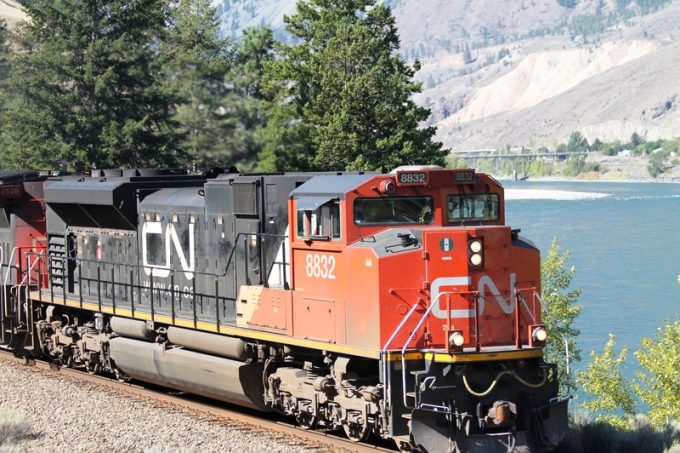
© Stefania Eymundson
By Ian Putzger
The ongoing blockade of tracks of Canadian National Rail (CN) has caused the first diversion of a container service south of the Canadian border, and a second one may follow.
Atlantic Container Line (ACL) is avoiding the port of Halifax, discharging containers headed for the Canadian ...



Comment on this article